Summer’s here to stay — rise and shine! Maputo National Park announces earlier opening hours, ...
Maputo Special Reserve receives 57 animals in restocking programme

Notícias
The Maputo Special Reserve (formerly known as the Maputo Elephant Reserve) in the south of Mozambique on Monday received fifty impalas and seven kudus as part of an ongoing restocking programme.
The project to restock the reserve will this year involve the introduction of 1,412 wild animals including giraffes, zebras, kudus, and impalas. It is expected that the repopulation of the area will draw in tourists from around the world.
The animals will mainly be imported from Swaziland, which will supply 1,162 animals at a cost of two million rand (about 155,000 US dollars at current exchange rates).
Speaking at an event to mark the release of the first instalment of animals, Roberto Cumbane of the Maputo Special Reserve said that there will be no cost attached to the 250 animals coming from South Africa.
Cumbane told the newssheet “Mediafax” that the market price of animals is not cheap – for example a zebra costs 3,500 rand, an impala 650 rand, a giraffe 9,000 rand, and a kudu 2,200 rand.
Maputo Special Reserve covers an area of just over 100,000 hectares. It was created in 1932 and is composed of coastal dunes, mangrove swamps, woodland, and lakes. Among the animals found in the reserve are elephants, pangolins, red squirrels, crocodiles, hippopotami, nyalas, red duikers, sunis, vervet monkeys and reedbucks.
According to the South African environmental organisation the Peace Parks Foundation, due to its exceptionally high number of endemic species of fauna and flora, the reserve is an important component of the Lubombo Transfrontier Conservation and Resource Area. It is also part of the Maputaland – Pondoland – Albany Biodiversity Hotspot, thus part of one of earth’s 36 biologically richest and most endangered terrestrial ecoregions.
The Maputo Special Reserve falls under the management of the National Administration of Conservation Areas (ANAC). The conservation areas managed by ANAC occupy 18.57 million hectares, which is about 25 per cent of the national territory.


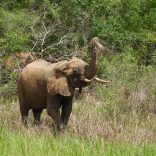
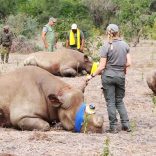

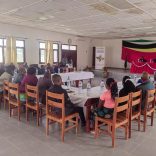
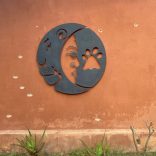
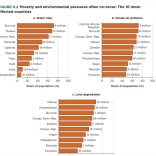





Leave a Reply
Be the First to Comment!
You must be logged in to post a comment.
You must be logged in to post a comment.